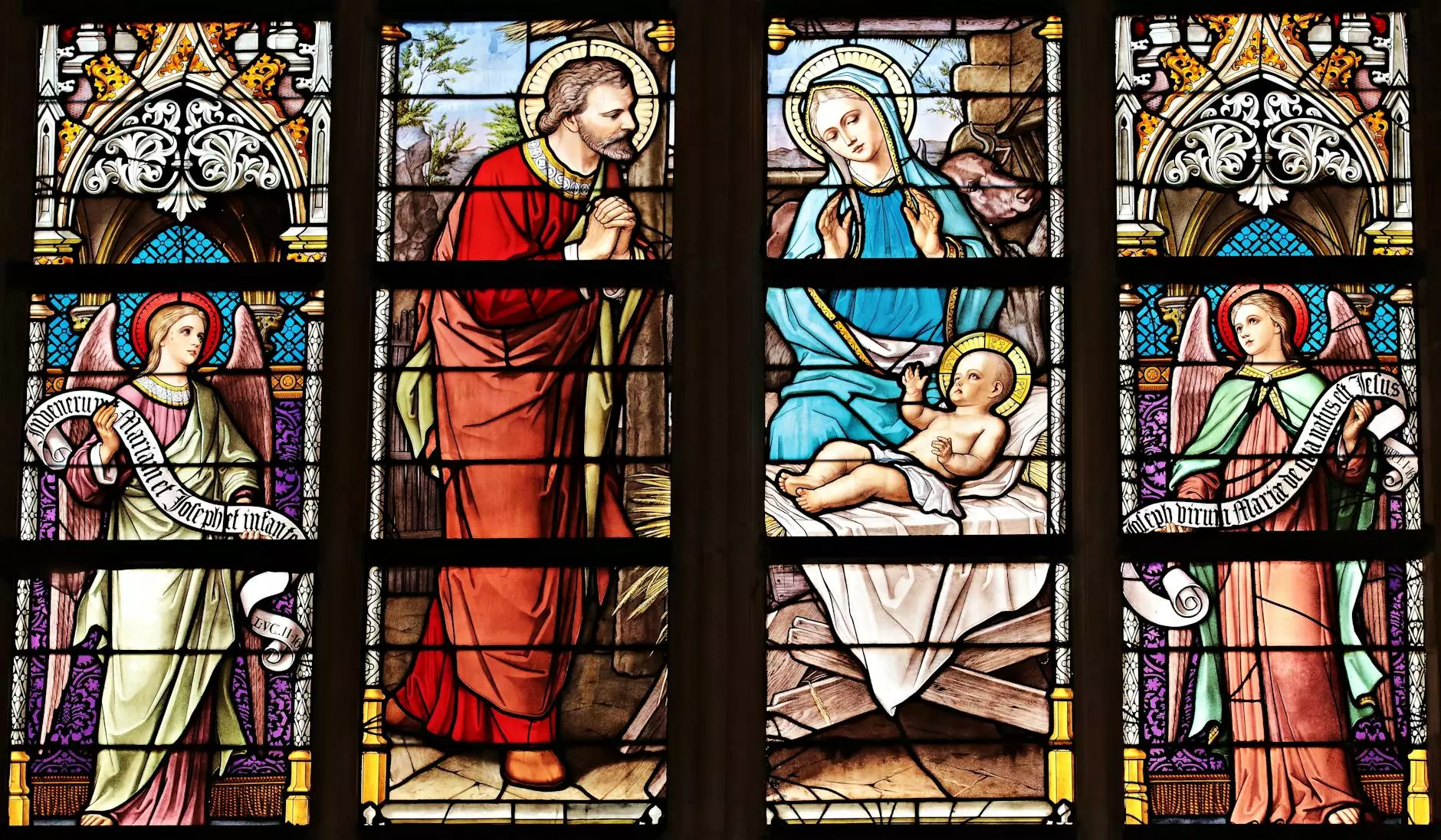Ecclesiastes 1:4-11 - Exploring the Meaning of Life with St Mark’s United Methodist Church
Sermon Audio
Introduction
Welcome to St Mark’s United Methodist Church! We are delighted to invite you on a spiritual journey as we delve into the profound teachings of the Book of Ecclesiastes. In this thought-provoking morning worship series, we explore the scripture passages of Ecclesiastes 1:4-11 and unravel the timeless wisdom they hold for our lives. Join us as we embark on a quest to discover the true meaning of life and the pursuit of genuine joy.
Ecclesiastes 1:4-11 - The Quest for Meaning
In Ecclesiastes 1:4-11, the Preacher, believed by scholars to be King Solomon, contemplates the cyclical nature of life and the wearying repetition of human endeavors. As we dive into this profound passage, we are inspired to reflect on the fundamental questions that have puzzled humanity for centuries: Why are we here? What is the purpose of our existence?
Gaining Insights from Ecclesiastes
Ecclesiastes invites us to venture beyond the transient concerns of our daily lives and ponder the greater significance of our actions. It challenges us to examine the pursuit of material possessions, the constant quest for knowledge, and the fleeting pleasures that often leave us unsatisfied. Through introspection and self-reflection, we are guided towards a deeper understanding of our true purpose.
The Pursuit of Joy
One of the central themes in Ecclesiastes is the search for authentic joy. The Preacher draws our attention to the futility of pursuing worldly pleasures without acknowledging the divine purpose behind our existence. In a world filled with temporary happiness, Ecclesiastes compels us to seek eternal joy that transcends our circumstances.
Understanding the Passage
Let us now explore Ecclesiastes 1:4-11 with a verse-by-verse analysis:
Verse 4: "A generation goes, and a generation comes, but the earth remains forever."
This verse highlights the cyclical nature of human life. While generations come and go, the physical world remains constant. It encourages us to look beyond our ephemeral existence and seek something more enduring.
Verse 5: "The sun rises, and the sun goes down, and hastens to the place where it rises."
Here, the imagery of the rising and setting sun signifies the repetitive patterns in nature. It serves as a metaphor for the monotony we often experience in our lives. Yet, it also reminds us of the reliability and order within the created world.
Verse 6: "The wind blows to the south and goes around to the north; around and around goes the wind, and on its circuits the wind returns."
The wind's circular movement illustrates the cyclical and predictable nature of natural phenomena. Just as the wind follows its designated path, our lives often find themselves in repetitive patterns. Understanding this rhythm can help us navigate the challenges and find solace in the constancy of God's creation.
Verse 7: "All streams run to the sea, but the sea is not full; to the place where the streams flow, there they flow again."
This verse emphasizes the never-ending flow of the streams into the sea, reminding us of the ongoing cycles of life. It encourages us to embrace the continuous unfolding of existence and find contentment in the journey rather than fixating on the destination.
Verse 8: "All things are full of weariness; a man cannot utter it; the eye is not satisfied with seeing, nor the ear filled with hearing."
Here, we are confronted with the human desire for more. No matter how much we see or hear, our innate longing for fulfillment remains. This verse prompts us to reflect on the deeper yearnings of our hearts and seek fulfillment in ultimate truth and divine purpose.
Verse 9: "What has been is what will be, and what has been done is what will be done, and there is nothing new under the sun."
This verse speaks to the repetitiveness of history and human experiences. It encourages us to learn from the past, gain wisdom from our predecessors, and seek new perspectives that can transform our present reality.
Verse 10: "Is there a thing of which it is said, 'See, this is new'? It has been already in the ages before us."
Building upon the previous verse, this line emphasizes that everything we encounter has existed in some form before. It invites us to seek wisdom in the timeless teachings of our faith and the shared stories of humanity.
Verse 11: "There is no remembrance of former things, nor will there be any remembrance of later things yet to be among those who come after."
This final verse underscores the fleeting nature of our individual lives. While our memories fade over time, the collective wisdom and enduring truths stand the test of time. It reminds us of the importance of leaving a legacy of wisdom and faith for future generations.
Join Us at St Mark’s United Methodist Church
At St Mark’s United Methodist Church, we believe in the power of community and the exploration of faith. Our morning worship series on Ecclesiastes provides a safe and nurturing environment for meaningful discussions and spiritual growth. Join us as we unpack the profound truths found within Ecclesiastes 1:4-11 and discover answers to life's most profound questions.
Conclusion
Thank you for visiting St Mark’s United Methodist Church. We hope that our exploration of Ecclesiastes 1:4-11 has provided you with new insights and perspectives. Embrace the journey of self-discovery and find joy in the pursuit of divine truth. May you uncover the deeper meaning of life and experience the transformative power of faith. Join us on this incredible spiritual journey today!










